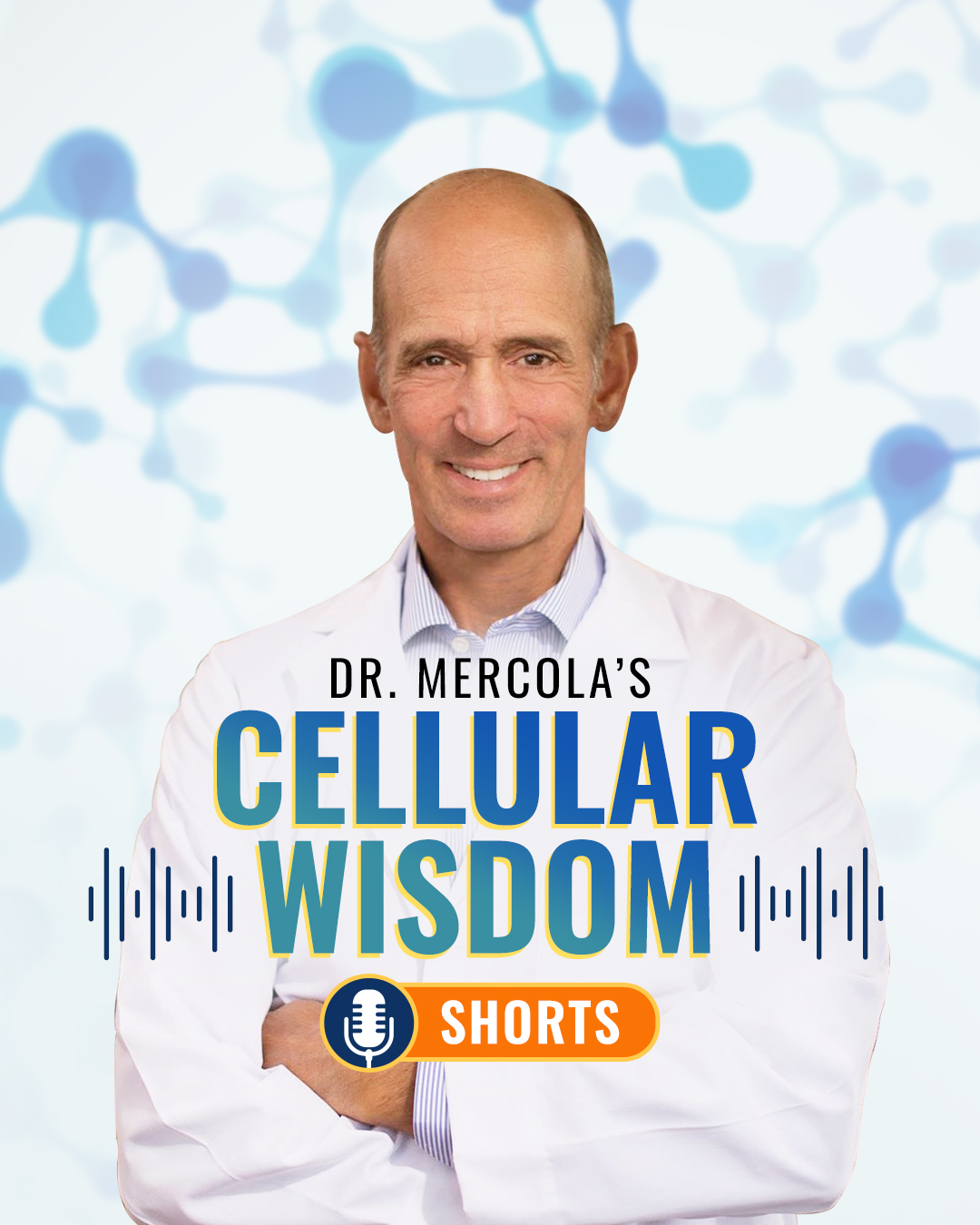View Transcript
Episode Description
- Current treatments for heart disease fail to address root causes. Stents and bypass surgery only restore blood flow temporarily without tackling underlying endothelial dysfunction and inflammation driving heart disease
- Despite their ability to lower cholesterol, statins have limitations. While these drugs lower LDL cholesterol by 25% to 35%, they don't address oxidative damage or rebuild vessel health, leaving underlying inflammatory processes unchanged
- Excess linoleic acid (LA) from vegetable oils fuels heart disease. Modern diets contain 7.2% LA, as opposed to 2.8% a century ago. This creates mitochondrial dysfunction and dangerous oxidized LDL cholesterol formation
- Reducing LA intake shows measurable cardiovascular benefits. Limiting LA to under 5 grams daily reduces inflammatory markers like hsCRP by 15% and IL-6 by 10% within weeks
- Novel approaches like nanoparticle chelation show promise. Targeted delivery systems can address calcified plaques directly, offering more precise treatment than traditional intravenous methods at lower costs
